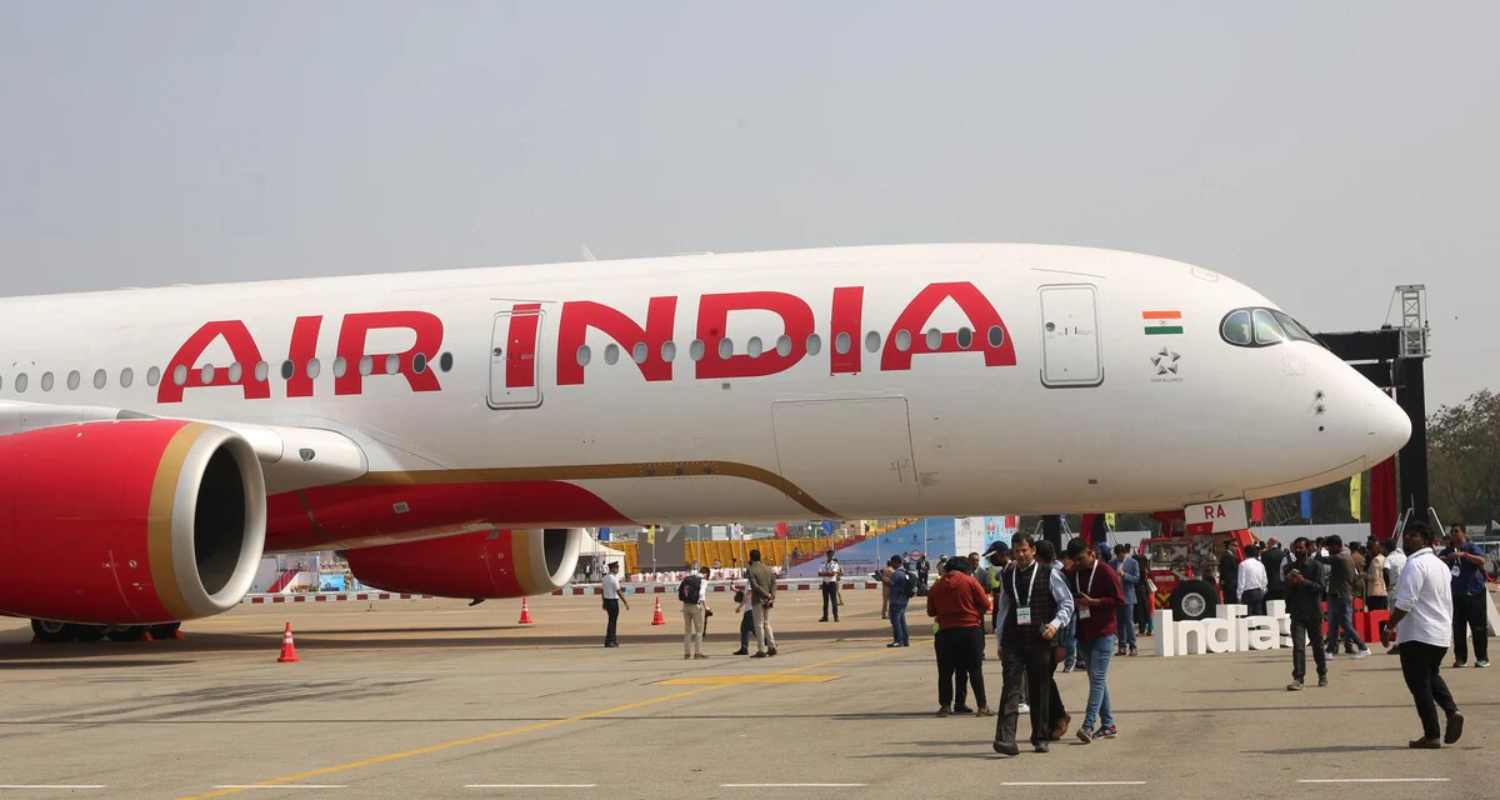Air India could incur up to $600 million in additional operational costs following Pakistan’s decision to close its airspace to Indian airlines, according to a letter accessed by news agencies on Thursday evening.
The letter, addressed to the Ministry of Civil Aviation, outlines the anticipated financial impact if the ban continues for a year. The primary concern is the increased fuel consumption required for longer flight paths due to rerouting. These extended flight durations are also expected to inconvenience passengers, compounding the airline’s challenges.
According to the letter, Air India estimates a yearly loss of approximately $591 million as a direct consequence of the airspace closure. The ban was imposed in response to India’s diplomatic actions following the deadly terrorist attack in Pahalgam, which New Delhi has alleged was orchestrated with support from Pakistan’s deep state.

The restriction on Indian carriers is expected to remain in effect until May 23 but does not apply to international airlines flying over Pakistani airspace.
Due to the financial strain, Air India has formally requested government assistance in the form of proportional subsidies. "Subsidy for affected international flights is a good, verifiable and fair option," the letter states. "The subsidy can be removed when the situation improves." The airline emphasized that it is bearing the brunt of the closure, citing added fuel costs, longer duty hours for crew, and operational complications.
So far, neither Air India nor the Ministry of Civil Aviation has issued a public statement on the matter.
Widespread Operational Impact
Air India is not alone in facing disruptions. Other Indian carriers, including IndiGo, have also reported flight delays due to the rerouting. For instance, IndiGo’s New Delhi–Baku flight on Thursday took five hours and 43 minutes—38 minutes longer than the typical duration.
However, the impact is disproportionately greater on Air India due to its extensive network of international flights that typically traverse Pakistani airspace. Routes from Delhi to destinations in the Middle East, for example, now require at least an additional hour of flight time, significantly increasing fuel consumption and operating expenses.
In April alone, over 1,200 flights operated by Air India, its budget arm Air India Express, and IndiGo flew from New Delhi to Europe, North America, and the Middle East. These routes are now subject to longer durations and logistical challenges.
Government considers support measures
In the wake of the Pahalgam attack, Prime Minister Narendra Modi’s government has vowed strong retaliation. The Prime Minister has warned both the attackers and those who orchestrated the assault of retribution.
On Wednesday, Mr. Modi held a high-level security meeting with Defence Minister Rajnath Singh and Chief of Defence Staff General Anil Chauhan. Sources indicate that he has approved military action against The Resistance Front, a proxy of the Pakistan-based banned terror group Lashkar-e-Taiba.
While the government prepares a potential military response, it is also said to be evaluating the broader economic consequences of the attack and the diplomatic fallout, especially on businesses in Kashmir and aviation.
Reuters reported that the government is exploring various support measures for airlines. These could include tax relief, regulatory flexibility for deploying additional crew on long-haul flights to North America, and, in a rare move, even approaching China—Pakistan’s ally—for alternative overflight permissions.
Also Read: 'Will hunt all of them down': Amit Shah vows revenge



